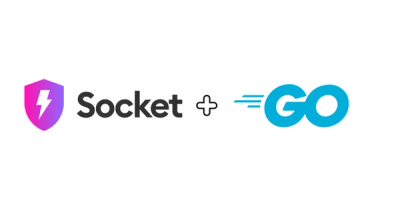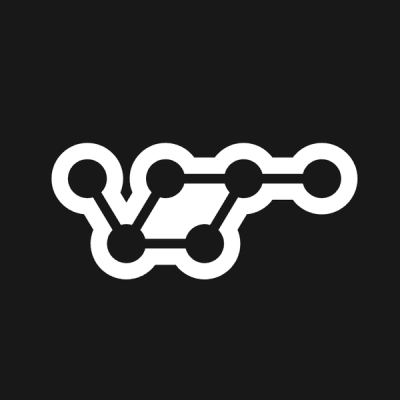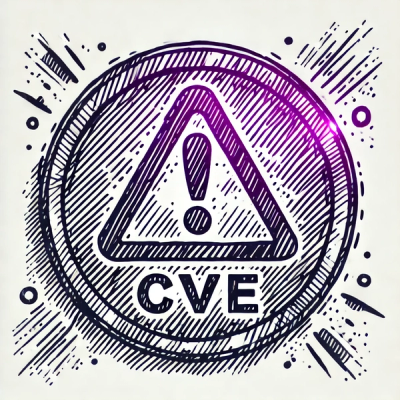
Product
Go Support Is Now Generally Available
Socket's Go support is now generally available, bringing automatic scanning and deep code analysis to all users with Go projects.
Build a comprehensive benchmark of popular Brain-Computer Interface (BCI) algorithms applied on an extensive list of freely available EEG datasets.
This is an open science project that may evolve depending on the need of the community.
First and foremost, Welcome! :tada: Willkommen! :confetti_ball: Bienvenue! :balloon::balloon::balloon:
Thank you for visiting the Mother of all BCI Benchmark repository.
This document is a hub to give you some information about the project. Jump straight to one of the sections below, or just scroll down to find out more.
Brain-Computer Interfaces allow to interact with a computer using brain signals. In this project, we focus mostly on electroencephalographic signals (EEG), that is a very active research domain, with worldwide scientific contributions. Still:
As a result, there is no comprehensive benchmark of BCI algorithms, and newcomers are spending a tremendous amount of time browsing literature to find out what algorithm works best and on which dataset.
The Mother of all BCI Benchmarks allows to:
This project will be successful when we read in an abstract “ … the proposed method obtained a score of 89% on the MOABB (Mother of All BCI Benchmarks), outperforming the state of the art by 5% ...”.
Please check the installation webpage with the description and step to install moabb!
See contributors' guidelines for detailed explanation.
First, you could take a look at our tutorials that cover the most important concepts and use cases. Also, we have a gallery of examples available.
This project is under the umbrella of NeuroTechX, the international community for NeuroTech enthusiasts.
The project is currently maintained by:
| Sylvain Chevallier | Bruno Aristimunha | Igor Carrara | Pierre Guetschel |
|---|---|---|---|
The Mother of all BCI Benchmarks was founded by Alexander Barachant and Vinay Jayaram, who are experts in the field of Brain-Computer Interfaces (BCI). At the moment, both work as Research Scientists.
| Alexander Barachant | Vinay Jayaram |
|---|---|
 |
The MOABB is a community project, and we are always thankful to all the contributors!
Special acknowledge for the extra MOABB contributors:
| Pedro Rodrigues |
|---|
You! In whatever way you can help.
We need expertise in programming, user experience, software sustainability, documentation and technical writing and project management.
We'd love your feedback along the way.
Our primary goal is to build a comprehensive benchmark of popular BCI algorithms applied on an extensive list of freely available EEG datasets, and we're excited to support the professional development of any and all of our contributors. If you're looking to learn to code, try out working collaboratively, or translate your skills to the digital domain, we're here to help.
If you use MOABB in your experiments, please cite this library when publishing a paper to increase the visibility of open science initiatives:
Aristimunha, B., Carrara, I., Guetschel, P., Sedlar, S., Rodrigues, P., Sosulski, J., Narayanan, D., Bjareholt, E., Barthelemy, Q., Reinmar, K., Schirrmeister, R. T.,Kalunga, E., Darmet, L., Gregoire, C., Abdul Hussain, A., Gatti, R., Goncharenko, V., Thielen, J., Moreau, T., Roy, Y., Jayaram, V., Barachant,A., & Chevallier, S.
Mother of all BCI Benchmarks (MOABB), 2023. DOI: 10.5281/zenodo.10034223.
and here is the Bibtex version:
@software{Aristimunha_Mother_of_all,
author = {Aristimunha, Bruno and Carrara, Igor and Guetschel, Pierre and Sedlar, Sara and Rodrigues, Pedro and Sosulski, Jan and Narayanan, Divyesh and Bjareholt, Erik and Barthelemy, Quentin and Kobler, Reinmar and Schirrmeister, Robin Tibor and Kalunga, Emmanuel and Darmet, Ludovic and Gregoire, Cattan and Abdul Hussain, Ali and Gatti, Ramiro and Goncharenko, Vladislav and Thielen, Jordy and Moreau, Thomas and Roy, Yannick and Jayaram, Vinay and Barachant, Alexandre and Chevallier, Sylvain},
doi = {10.5281/zenodo.10034223},
title = {{Mother of all BCI Benchmarks}},
url = {https://github.com/NeuroTechX/moabb},
version = {1.1.2},
year = {2025}
}
If you want to cite the scientific contributions of MOABB, you could use the following paper:
Sylvain Chevallier, Igor Carrara, Bruno Aristimunha, Pierre Guetschel, Sara Sedlar, Bruna Junqueira Lopes, Sébastien Velut, Salim Khazem, Thomas Moreau "The largest EEG-based BCI reproducibility study for open science: the MOABB benchmark" HAL: hal-04537061.
Vinay Jayaram and Alexandre Barachant. "MOABB: trustworthy algorithm benchmarking for BCIs." Journal of neural engineering 15.6 (2018): 066011. DOI
If you publish a paper using MOABB, please contact us on gitter or open an issue, and we will add your paper to the dedicated wiki page.
If you want to report a problem or suggest an enhancement, we'd love for you to open an issue at this GitHub repository because then we can get right on it.
For a less formal discussion or exchanging ideas, you can also reach us on the Gitter channel or join our weekly office hours! This an open video meeting happening on a regular basis, please ask the link on the gitter channel. We are also on NeuroTechX Slack channel #moabb.
FAQs
Mother of All BCI Benchmarks
We found that moabb demonstrated a healthy version release cadence and project activity because the last version was released less than a year ago. It has 3 open source maintainers collaborating on the project.
Did you know?

Socket for GitHub automatically highlights issues in each pull request and monitors the health of all your open source dependencies. Discover the contents of your packages and block harmful activity before you install or update your dependencies.

Product
Socket's Go support is now generally available, bringing automatic scanning and deep code analysis to all users with Go projects.

Security News
vlt adds real-time security selectors powered by Socket, enabling developers to query and analyze package risks directly in their dependency graph.

Security News
CISA extended MITRE’s CVE contract by 11 months, avoiding a shutdown but leaving long-term governance and coordination issues unresolved.